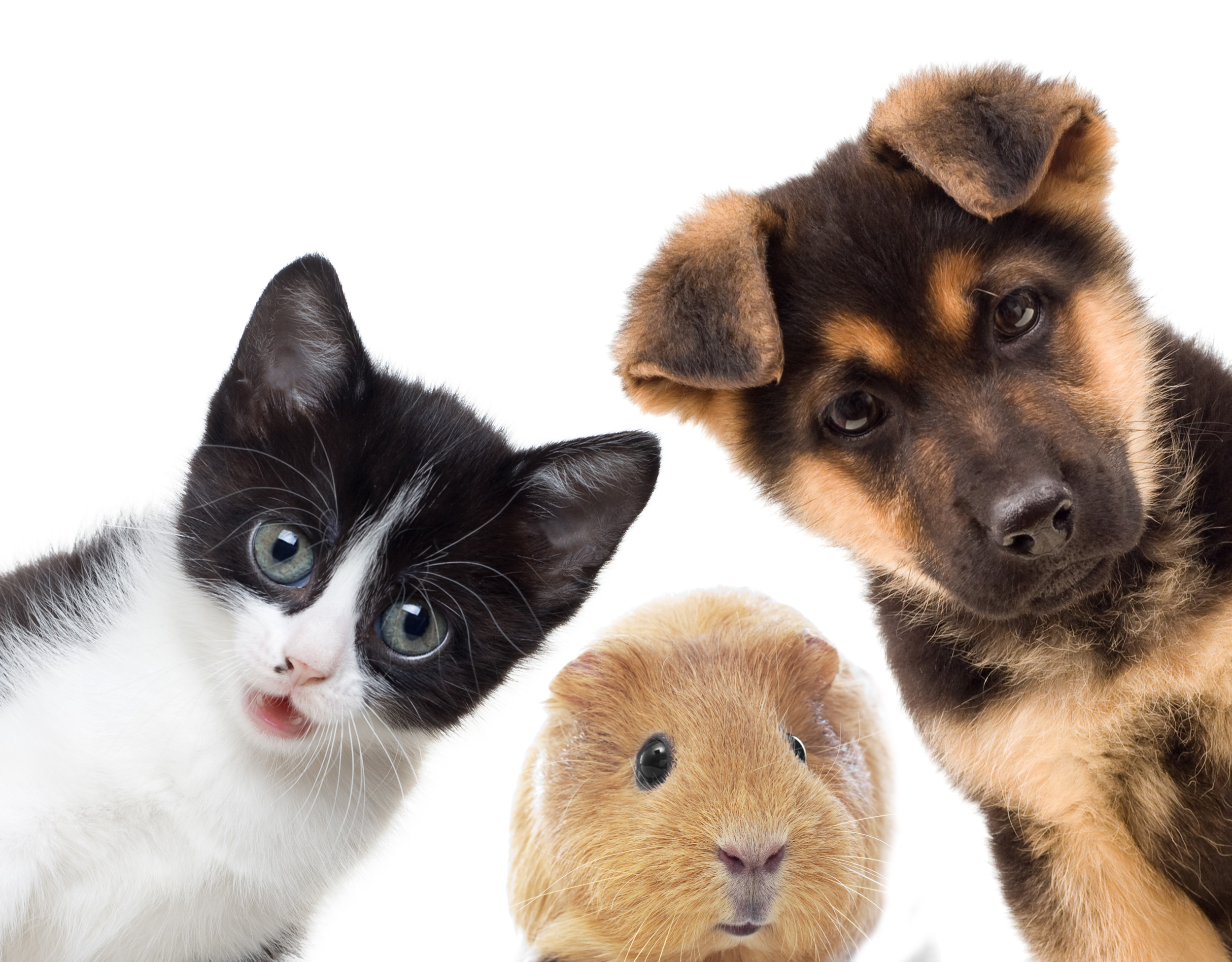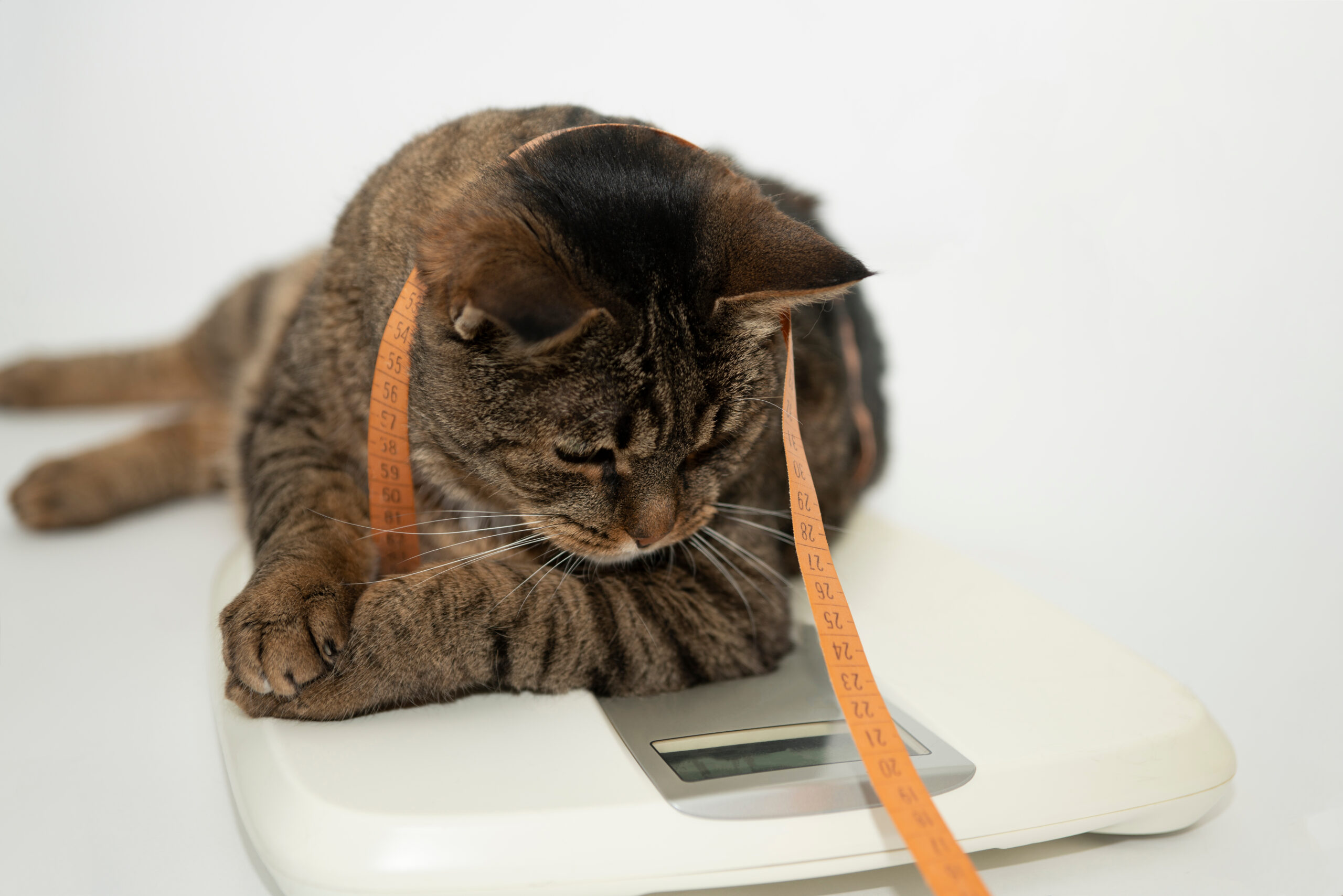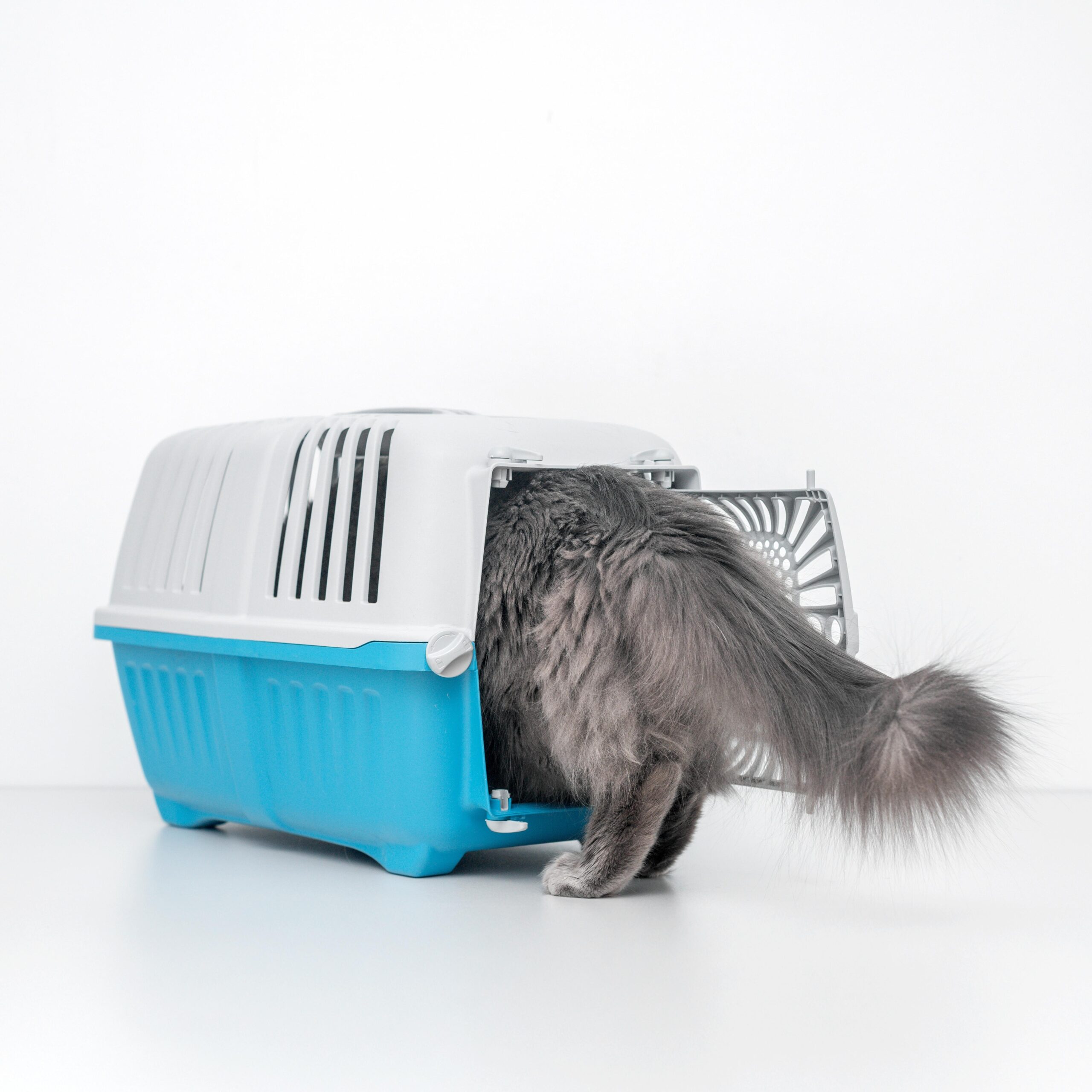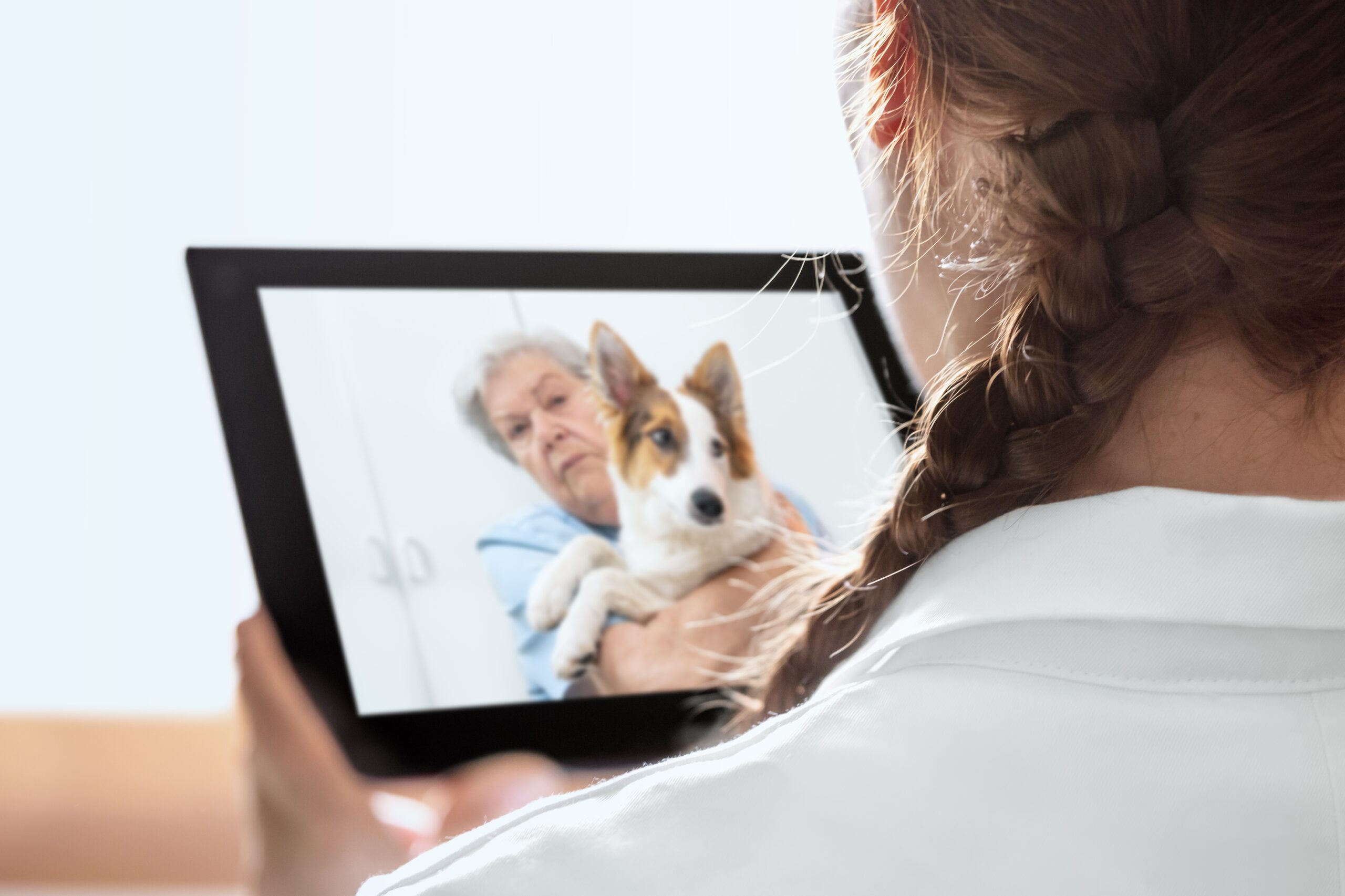Blood donation for cats
You may not already know but your cat could be a lifesaver. Just like human blood donation your cat can also donate precious blood to help another cat in need. Blood transfusions can be used in cats to treat medical conditions. They can also be used in surgery or accidents so those blood donations can be vital and much needed. Blood is collected from suitable donors for immediate use by a veterinary clinic. There are specific requirements to be a cat blood donor. Not all cats are suitable but if yours is it can be valuable and rewarding to involved in.
Cat blood types
Just as you do, your cat will have a blood type. In cats these types are genetically inherited. Cats have either A, B, or AB blood groups.
Cats differ from dogs. Within the first few months of their lives, blood type A and B kittens develop antibodies to foreign red blood cell proteins. This normally only happens after previous exposure such as a prior blood transfusion. Cats develop this reaction naturally. This means that they do not have to have had a transfusion or blood products to be sensitive to other blood groups. This means that all feline blood donors and recipients must be carefully blood type matched. This must happen before any transfusions can be given. Type A cats can only receive type A blood and the same with type B cats. Type AB blood cats have none of these antibodies. This blood group is the ‘universal donor’, although they can have reactions receiving A or B blood.
Blood transfusions are often needed in emergencies where there has been a large loss of blood from trauma or surgery. They can also be used to treat anaemia in medical cases or in cases of clotting disorders.
Can my cat be a blood donor?
If you are considering putting your cat forward for blood donation there are certain criteria they will have to have to meet.
Your cat’s welfare is always paramount. To be considered as a blood donor they must be in good health themselves. They must not be on any regular medications or have any underlying medical conditions.
They must never had had a blood or blood product transfusion previously. Your cat must be between 1 and 10 years old. They must have a body weight of 3.5kg to 4kg or over. This means that they are large enough and of a good age to donate safely.
Blood donors must be friendly and relaxed and have a settled temperament as they will be being handled throughout. They usually need to be vaccinated. They are also required to have not travelled outside of the UK or Ireland again to reduce risks of any diseases.
The blood donation process
Your cat’s donation is most likely going to be completed at your local vets. Currently there is no pet blood bank in the UK that will collect and store feline blood.
Before any donation, your cat will be given a thorough health check by the veterinary team. They will talk to you about any changes in their medical history or habits that may mean its unsafe for them to donate. They will shave a few patches of hair clipped usually on their neck and/or leg for a quick blood test and donation. These areas will be cleaned and prepped often with a local anaesthetic cream to numb the area. You may be allowed to stay with your cat during the donation. You may also prefer to leave. Either way your cat will be given lots of fuss, love and often treats by the vet team throughout the process.
The veterinary team will take blood via a needle and blood collection bag, this part usually takes around 10-15mins. The team collecting the blood will take time to bond with your cat. They will give lots of positive praise, rewards and treats to make the process as enjoyable as possible for them. After the blood has been collected, just as we do, they will get a drink and a snack to reward them. They may even be given a fluid drip to ensure they have enough fluids to replace the blood taken.
They will be monitored for a short while before being released back to you. Once the team are happy they are well enough to leave. You should allow plenty of time for your appointment. If your cat is on any special foods or treats then bring these with you.
How can you get involved?
If this sounds like something you and your cat would like to explore further then you can start the process by talking to your vet. They will be able to help you clarify your cat meets all the criteria and is fit and well. They may even have their own blood donor list. Many vet clinics keep a list of potential blood donors they can call on in emergencies. You may be able get involved there. If they do not have anything like this in your practice, then you can still get involved via the Pet Blood Bank UK. They currently do not have a blood bank storing feline blood. They are hoping to get this set up soon, so they are looking for suitable cat owners to register with them.
Blood donation can be a rewarding and bonding exercise for you and your cat. The blood is often vital for many patients so if your cat meets the criteria speak to your vets about this important service.





